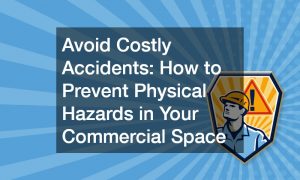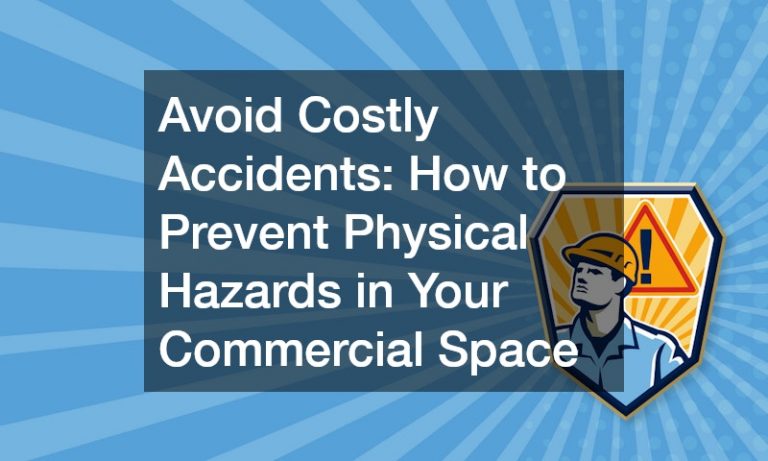Maritime accidents are sometimes unavoidable, but mitigating risks is always a good way to prevent tremendous damage. In 2017, maritime accidents caused the death of 1,163 people and $197 million in insured losses. Some of these disasters and accidents were unavoidable, but there are still ways to reduce the risks.
If the maritime corporation already has a detailed sales and purchase contract with a reputable insurer, that’s one way to mitigate the risks. But onboard the vessel, here are the common types of accidents that shipowners should try to avoid:
Slips and Falls
The most common accidents that happen on ships are slips and falls, which can occur due to any of the following causes:
- Slippery deck
- Missing railings and grating
- Lack of warning signs
- Lack of proper PPE
- Misuse of catwalks
- Lack of alertness or awareness
- Lack of safe job analysis
Slips happen mostly on the ship’s deck, while falls occur mainly from lashing bridges, masts, cargo holds, and hatch covers. Slips and falls can result in mild to severe injuries, sometimes even causing fatality. To avoid these types of accidents from happening on the vessel, there should be proper maintenance, management, and monitoring of the ship and its workers. Appropriate PPE should be worn at all times, and only the correct passages should be used.
Electrocution
Electrical accidents can cause anywhere from mild injury to death. This type of accident usually occurs when:
- Wires are frayed and damaged
- Live wires are not properly managed
- Proper PPE is not worn
- Wires are left near liquids and heat sources
- Workers are improperly trained on proper handling
To avoid electrical shocks, workers should be properly trained on how to handle electrical wires. Moreover, there should always be someone monitoring the wires, making sure there are no exposed coils that can cause a spark.
Lifting machinery accidents

Lifting gear and cranes can cause devastating damage in the event of an accident. Usually, these accidents are caused by:
- Wire failure in case of overloading, fatigue, or defect
- Misuse of slew bearings
- Lack of greasing on sheaves
- Improperly trained personnel
- Lack of necessary gear maintenance
When lifting gear is used frequently on the vessel, the ship managers should ensure that the moving parts are well-maintained, well-lubricated, and properly checked before every operation. Moreover, only safe working loads should be lifted each time, with only adequately trained operators using the gear.
Man overboard
Man Overboard or MOB usually results from slips and falls. When this type of accident occurs, it requires an emergency response. Everyone on deck should be oriented about the proper response to a MOB and what to do when they are the ones who fall overboard. With appropriate training, MOB incidences should have higher survival rates.
An operating vessel should always be completely insured before sailing. Adequate maritime insurance will protect the crew, owners, and the company against potentially tragic losses in case of an accident. However, having insurance is not an excuse to slack on proper safety measures and risk mitigation. With these tips, maritime accidents can be reduced or avoided.











